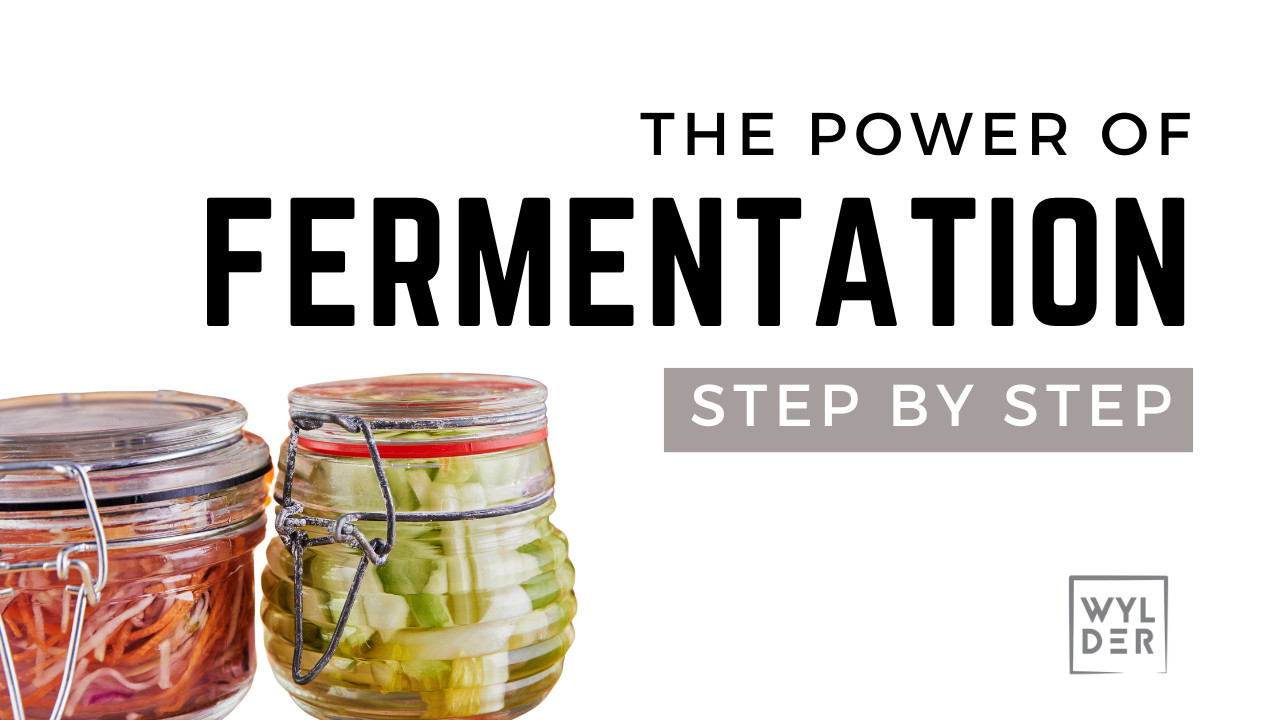
Are you ready to unlock the secrets of ancient culinary practices that can transform your health and elevate your skills in the kitchen?
Welcome to the world of fermentation!
Whether you’re a foodie, a health enthusiast, or a home brewer, this blog post will guide you through the basics of fermentation and its incredible benefits.
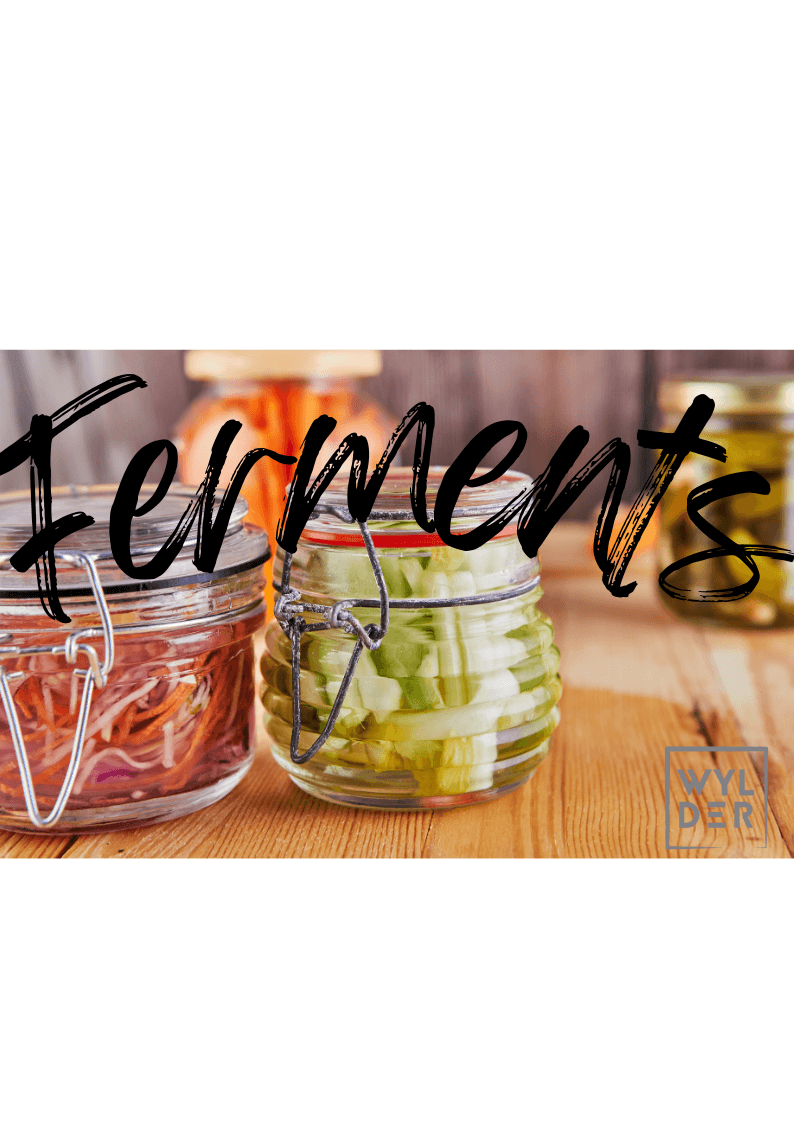
Before we get started in this weeks blog post on my favorite fermented foods, please be sure to click on the link above and order some sourdough from my friend Dani O. She's opening a store front, has an incredible subscription based model and is local the the Santa Cruz food scene. You'll love her sourdoughs, scones and cookies (refined sugar free).

Health Benefits of Fermented Foods
Fermented foods are nutritional powerhouses, offering a range of health benefits that can enhance your overall well-being. Here’s why you should consider incorporating them into your diet:
1. Enhanced Digestion and Gut Health
The probiotics (beneficial bacteria) in fermented foods help balance your gut microbiome. This improves digestion and nutrient absorption, ensuring you get the most out of your meals.
2. Boosted Immune System
A healthy gut contributes to a robust immune system. Probiotics in fermented foods can help ward off infections and illnesses, keeping you healthier year-round.
3. Increased Nutrient Bioavailability
Fermentation breaks down antinutrients like phytates and tannins, making it easier for your body to absorb essential vitamins and minerals.
4. Natural Detoxification
Thanks to the beneficial bacteria that support liver function and detox pathways, fermented foods can help your body eliminate toxins.
5. Improved Mental Health
Emerging research suggests a strong connection between gut health and mental well-being. Consuming probiotics can reduce symptoms of anxiety and depression, promoting a happier, healthier mind.
Popular Fermented Foods to Try
Incorporating fermented foods into your diet is easier than you might think. Here are some of my favorite fermented delights that you can enjoy:
Sauerkraut
Made from cabbage and salt, sauerkraut is rich in probiotics and vitamin C. It's a tangy addition to salads, sandwiches, or as a side dish.
Kimchi
This spicy Korean staple is packed with flavor and beneficial bacteria. Use it to add a zesty kick to rice bowls, tacos, or scrambled eggs.
Yogurt
Choose plain, unsweetened yogurt with live cultures for a probiotic-rich snack. Enjoy it with fresh fruit, honey, or as a base for smoothies.
Kombucha
This fizzy, fermented tea is not only refreshing but also full of probiotics. You can find a variety of flavors at your local health food store or make your own at home.
Miso
A fermented soybean paste used in Japanese cuisine, miso is perfect for soups, marinades, and dressings. It adds a savory umami flavor to your dishes.
How to Get Started with Fermentation at Home
Fermenting your own foods at home is a rewarding and straightforward process. Here are some basic steps to get you started:
1. Choose Your Ingredients
Start with fresh, organic vegetables or fruits. Cabbage, carrots, and cucumbers are great for beginners.
2. Use the Right Tools
You'll need a clean jar, a lid, and a weight to keep the food submerged in its brine. Fermentation kits are available and can simplify the process.
3. Create the Brine
Mix water and salt to create a brine. The ratio typically used is about 1-3 tablespoons of salt per quart of water.
4. Pack and Submerge
Pack your vegetables tightly into the jar and pour the brine over them, ensuring everything is submerged to prevent mold growth.
5. Ferment
Let your jar sit at room temperature for a few days to a few weeks, depending on your taste preference. Check it daily and taste it as it develops its flavor.
6. Store and Enjoy
Once it reaches the desired taste, transfer your fermented food to the refrigerator to slow down the fermentation process. Enjoy it as part of your daily meals!
Conclusion
Fermentation is a powerful tool that not only enhances the flavor of your food but also significantly boosts your health. From improving gut health to enhancing nutrient absorption, the benefits are undeniable. Plus, with the variety of delicious fermented foods available, there’s something for everyone to enjoy.
Ready to dive deeper into the world of traditional foods?
Sign up for our Nourishing Traditions course for exclusive content, hands-on guidance, and a supportive network of like-minded individuals.
Happy fermenting!

Molly and the Wylder Gang xoxo

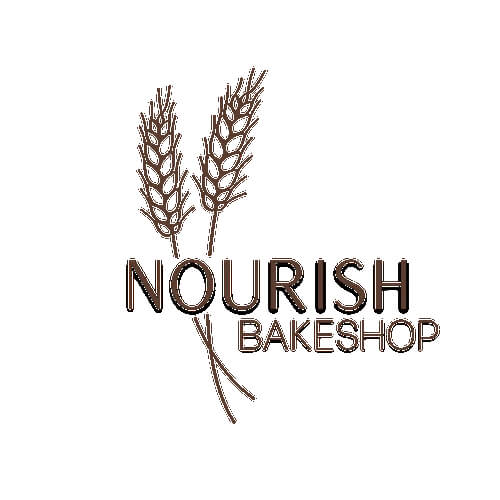

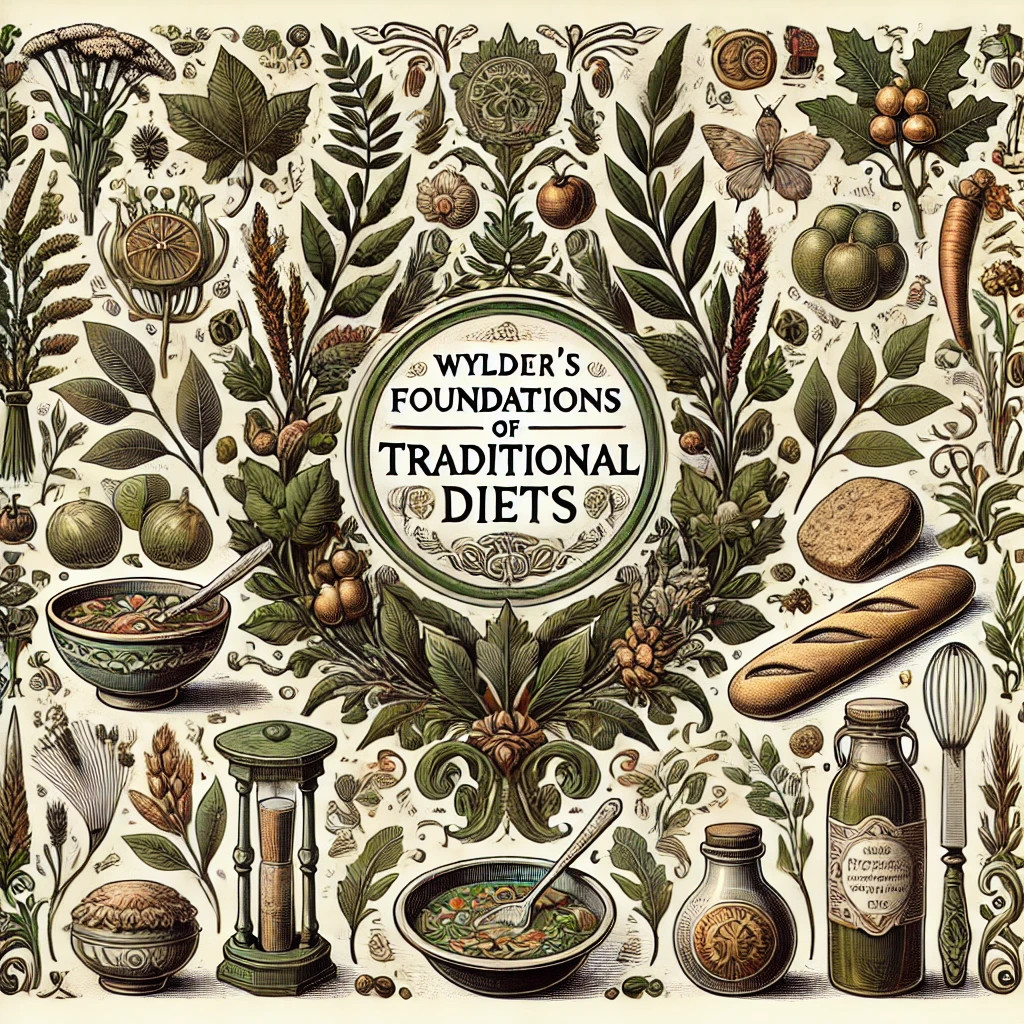







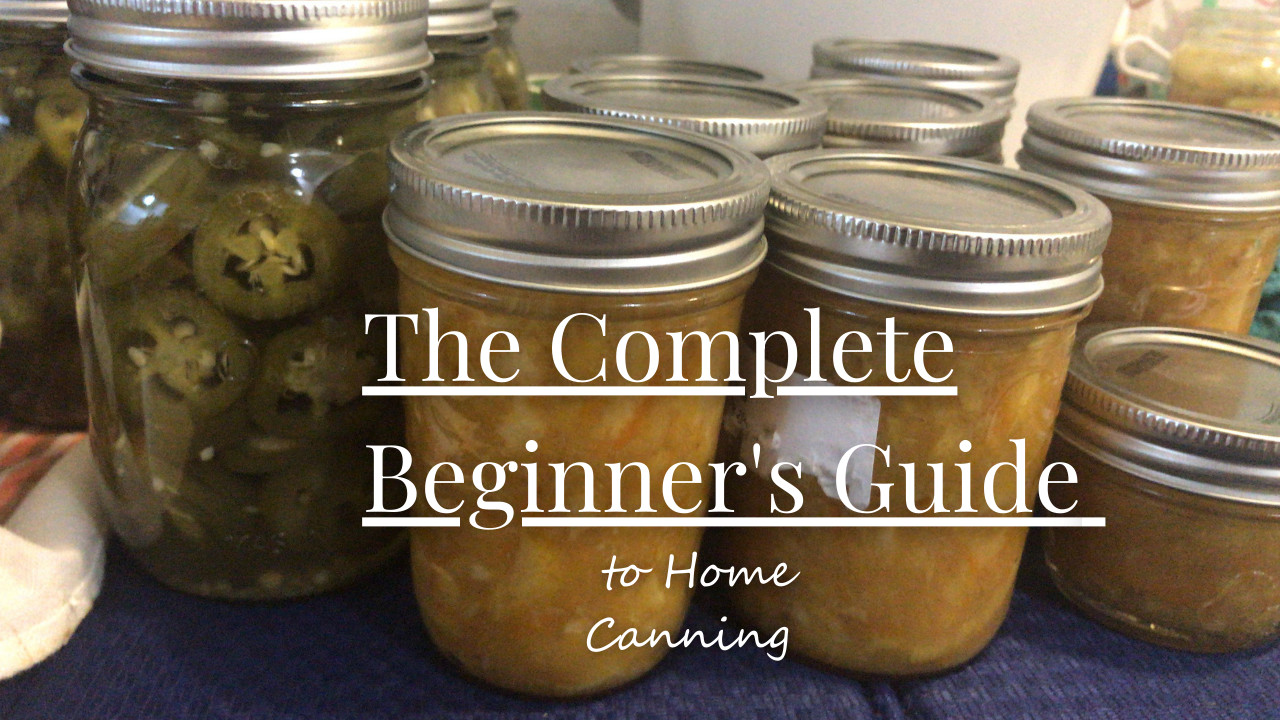

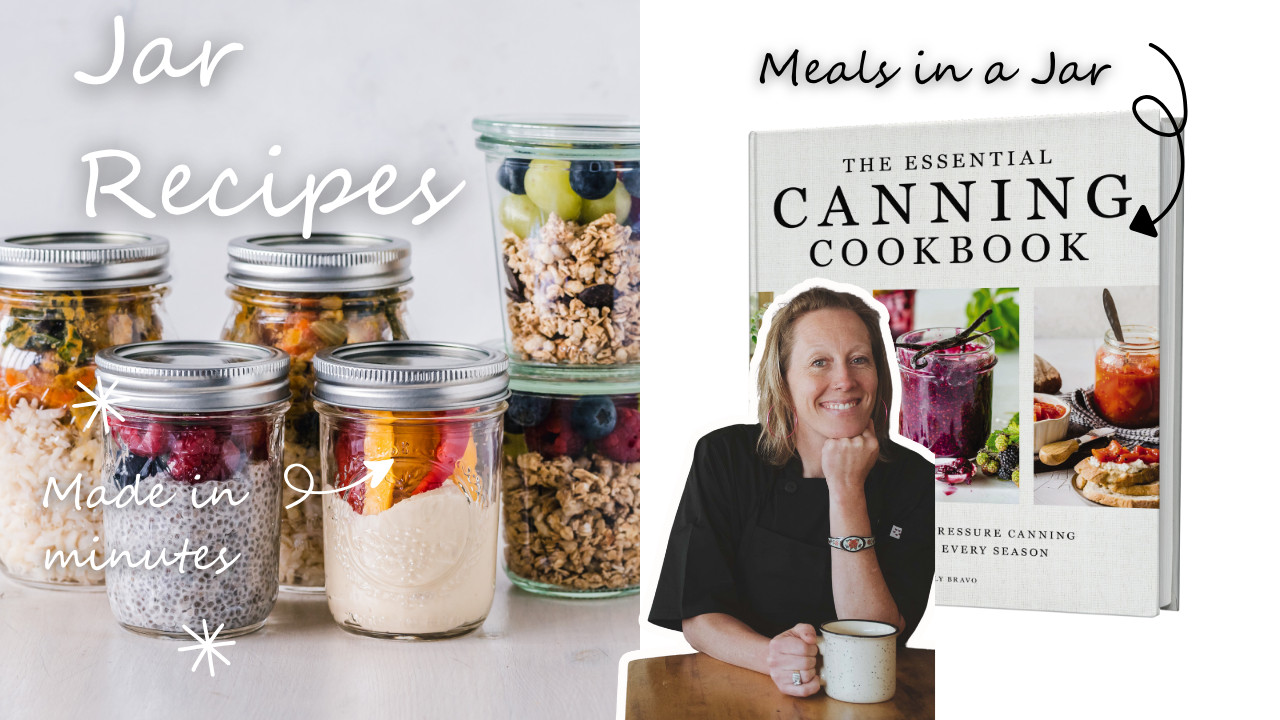
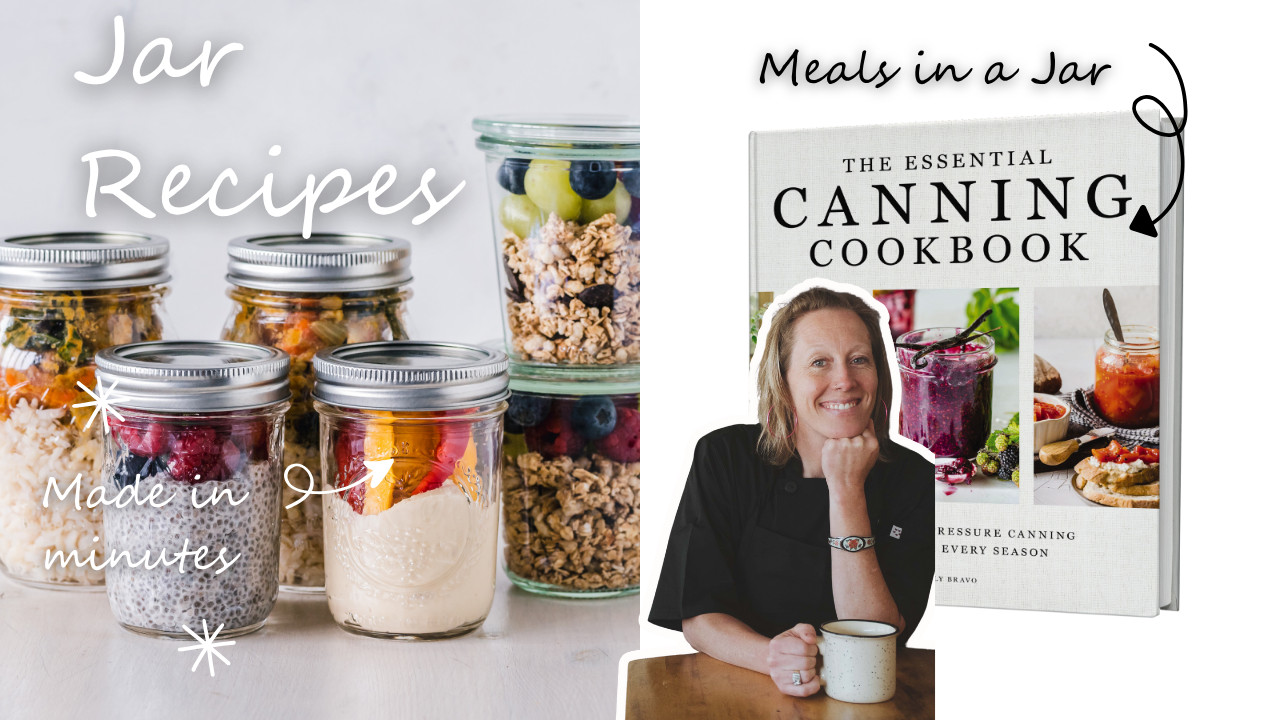

0 Comments